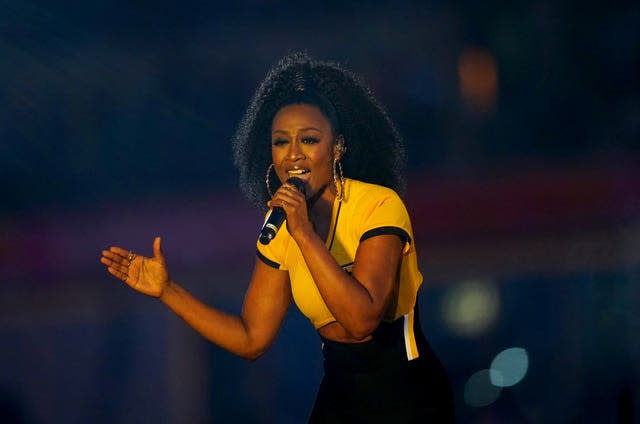Starmer to lay out vision to ensure arts available ‘for everyone, everywhere’
Sir Keir Starmer will use a speech to commit to ensuring the arts are “for everyone, everywhere” under a future Labour government.
During an address in central London on Thursday, the Opposition leader will pledge to “create more opportunities for working class kids” and establish secure jobs in the creative sector if his party wins the general election expected this year.
Taking a swipe at the Conservative record after 14 years in power, Sir Keir is expected to play up the central importance of artistic sectors in Britain, saying it is “essential for our economic growth as well as our personal growth”.

He is due to set out his intention for a Labour government to work with industry on a so-called Access to the Arts plan, to ensure British talent can continue to emerge.
Labour officials said the creative industries contribute more to the UK economy than the life sciences, aerospace and automotive industries combined, with total revenues of arts businesses reaching £140 billion in 2022 — a sum 50% bigger than the entire telecommunications industry.
They said the country’s arts, culture and creative industries are why the UK remains second in the Global Soft Power Index.
The UK is the second largest of only four net exporters of music talent globally, exporting £700 million in 2023 alone, according to Labour research.
In a speech to 250 senior industry leaders, Sir Keir is due to say: “2.4 million of us work in a creative industry.
“It’s worth £125 billion – and is growing fast: the UK is one of only three net exporters of music; we have the second largest art market on the planet, and nobody exports more books than we do.
“Our music, our films, our games, our fashion, our literature – what we make and produce is known and loved in every corner of the globe.
“You’re not just important to Brand Britain – you are Brand Britain.”
Sir Keir, who opinion polls predict is on course to be prime minister after the next election, will say that there is “no building back without the arts” and that creative industries have the “power and the potential for levelling up like nothing else”.
He intends to accuse Prime Minister Rishi Sunak’s Tory administration of having “no strategy for the arts” and “no ambition to safeguard the future of the industry by prioritising creativity in schools”.
In an extract briefed ahead of his speech, Sir Keir plans to tell the audience: “We will work together, hand in glove with our creative industries. No more sticking plaster politics.
“A long term, comprehensive plan for a decade of national renewal. Together, we will raise the next generation of creatives and harness the power of your industry to create wealth in every community.

“We will support the arts and creative industries to create more opportunities for working class kids and more secure jobs in the sector, because we want the arts to be for everyone, everywhere.
“This is something I don’t think the Tories understand. They think that working people don’t need culture.
“This patronising sense that working people don’t care, and shouldn’t care, about the arts.”
Creatives backing the plan include artist Damien Hirst, novelist and historian Kate Mosse, singer Beverley Knight and actor and Happy Valley star James Norton.
Hirst said: “Art is for everyone by everyone and not just for the rich by the rich.
“When I grew up in Leeds, I didn’t have any money. I had free school dinners; I had a good art teacher and luckily, I managed to get a government grant to go to art school and Goldsmiths which changed my life.
“Without it I wouldn’t be where I am today.
“I’m so happy that Keir Starmer and Labour are showing the initiative and recognising the importance of art and creativity for all young people across the curriculum. Art has the power to change lives as it did mine.”
Knight said: “I support the Labour Party’s ambition to allow all children to pursue their passions in the creative space, because I was one of those children.”
Norton said: “I support the Labour Party’s ambition when it comes to making the arts accessible to all children, particularly in regards to the school curriculum, integrating the arts into kid’s lives.”


